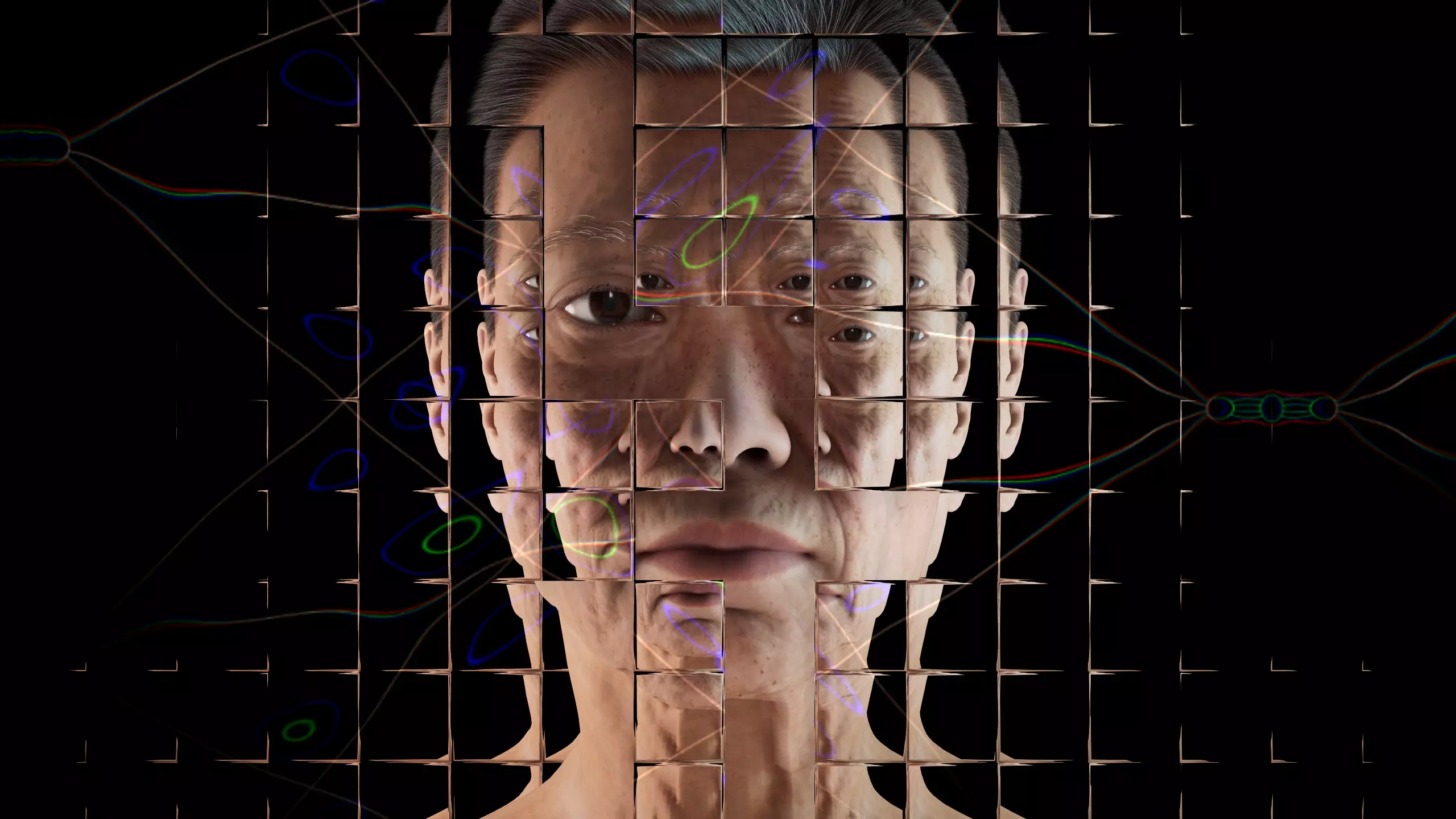Interdisciplinary panel discussion at the CAI: What is intelligence and how to advance present AI
Artificial intelligence (AI) has made impressive progress in recent years. Yet, its ability to learn from few examples and generalise pales compared to human intelligence. An interdisciplinary expert panel at CAI discussed what is intelligence and how can we improve AI from various perspectives including technology, neuroscience, and biology.

Artificial intelligence (AI) has made very important and impressive progress in recent years. Yet, in terms of ability to learn from few examples and generalise from them the human (or even animal) brain outperforms AI by orders of magnitude. A crucial way to reduce this gap is to better understand the actual nature of intelligence. That is the goal of the interdisciplinary panels "Pathways beyond Present AI", organised by the ZHAW Center for Artificial Intelligence (CAI).
The first one of these panels took place within the frame of the CAI colloquia on April 27th. It focused on recent insights into the way the structure of self-organised neural circuits acts as bias tuning the brain to the natural environment.
The event started by a brief on this topic by Prof. Dr. Christoph von der Malsburg (Senior Fellow at the Frankfurt Institute for Advanced Studies, and guest professor at UZH/ETH and ZHAW). His hypothesis, developed together with Prof Dr. Thilo Stadelmann (ZHAW CAI) and Prof Dr. Benjamin Grewe (UZH/ETHZ) in this paper, states that the structures of brain and natural environment are closely related. In particular, the structural regularity of the brain takes the form of net fragments (self-organised network patterns) and that these serve as the powerful inductive bias that enables the brain to learn quickly, generalise from few examples and bridge the gap between abstractly defined general goals and concrete situations. Preliminary studies on computer vision applications provide supporting evidence to this hypothesis.
The presentation was followed by a panel where Profs. von Der Malsburg, Stadelmann, and Grewe were joined by experts from various fields spanning technology and biology. The present panelists were Dr. Matthew Cook (UZH/ETHZ, Neuroinformatics, Cortical Computation), Prof. Dr. Rudolf Marcel Füchslin (ZHAW, School of Engineering, Applied Complex Systems Science), Prof. Dr. Mike Martin (UZH, Gerontopsychology), Prof. Dr. Thomas Ott (ZHAW, ZHAW School of Life Sciences and Facility Management, Computational Life Sciences). Prof. Dr. Verena Klamroth-Marganska (ZHAW, School of Health, Occupational Therapy), was also invited as panelists but could not attend due to a last minute contingency. The panel was moderated by ZHAW’s Dr. Ricardo Chavarriaga, head of the CLAIRE office Switzerland.
The panel covered multiple topics, starting from the fundamental question of what is intelligence. Besides the ability of generalisation mentioned above, panelists mentioned the capacity defining (self-generated) goals as one of the main signs of intelligent. This is complemented by common-sense -achieving semantic meaning of things-and intentionality (that goes beyond simple activities and behaviours) which were all considered as particular characteristics of intelligence that AI has not yet fully achieved.
Another important feature that was mentioned is the ability to establish connections between concrete scenes and these abstract goals, which enable e.g. intentionality. Additionally, the possibility of taking a very complex idea and transform it into a concrete stimulus (e.g. a picture) is an important element for intelligence. This process can be interpreted as inverse problem to processes characterised in the opening lecture. last but not least, it was mentioned that the fact that intelligence develops within a cultural environment should not be neglected.
While addressing which directions AI development should go, the discussion ensued addressing the need for having system that learns while embedded and interacting in an environment, as well as the need of asking the question of what would we like to use the AI for; e.g., Some applications may not require human-like intelligence to be efficiently solved, while others we may prefer to be solved by humans instead of machines. Interestingly, it was pointed out that increase in computing power may be hindering our possibility of creating artificial intelligence as we lose capacity to learn from small datasets.
Interaction between panelists and audience delve into different aspects of learning and the role of collective intelligence in the advancement of this field. As well, as the possibility of identifying universal learning rules that, combined with specialised brain-like structures and architectures, can lead us closer to understanding intelligence and more powerful AI. We will continue exploring these topics in future panels in this series and in the CAI Colloquium.